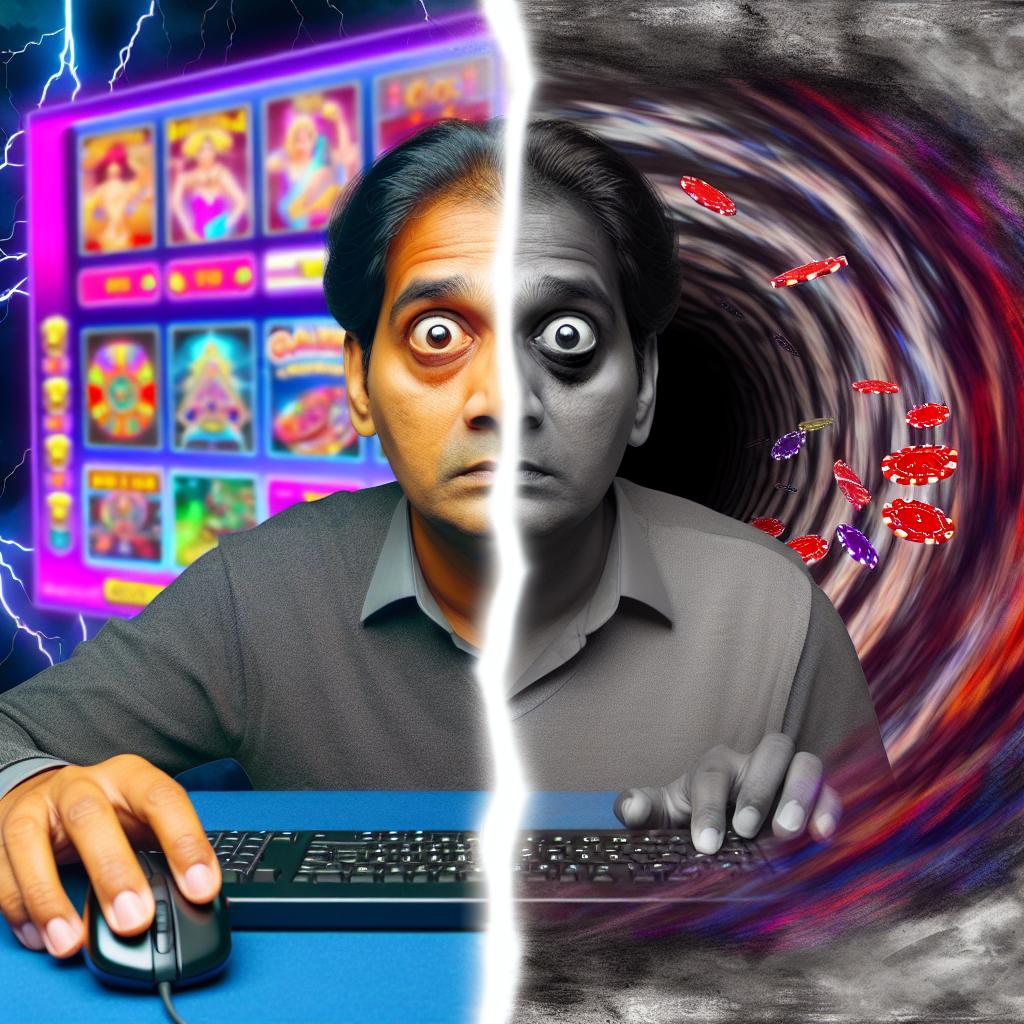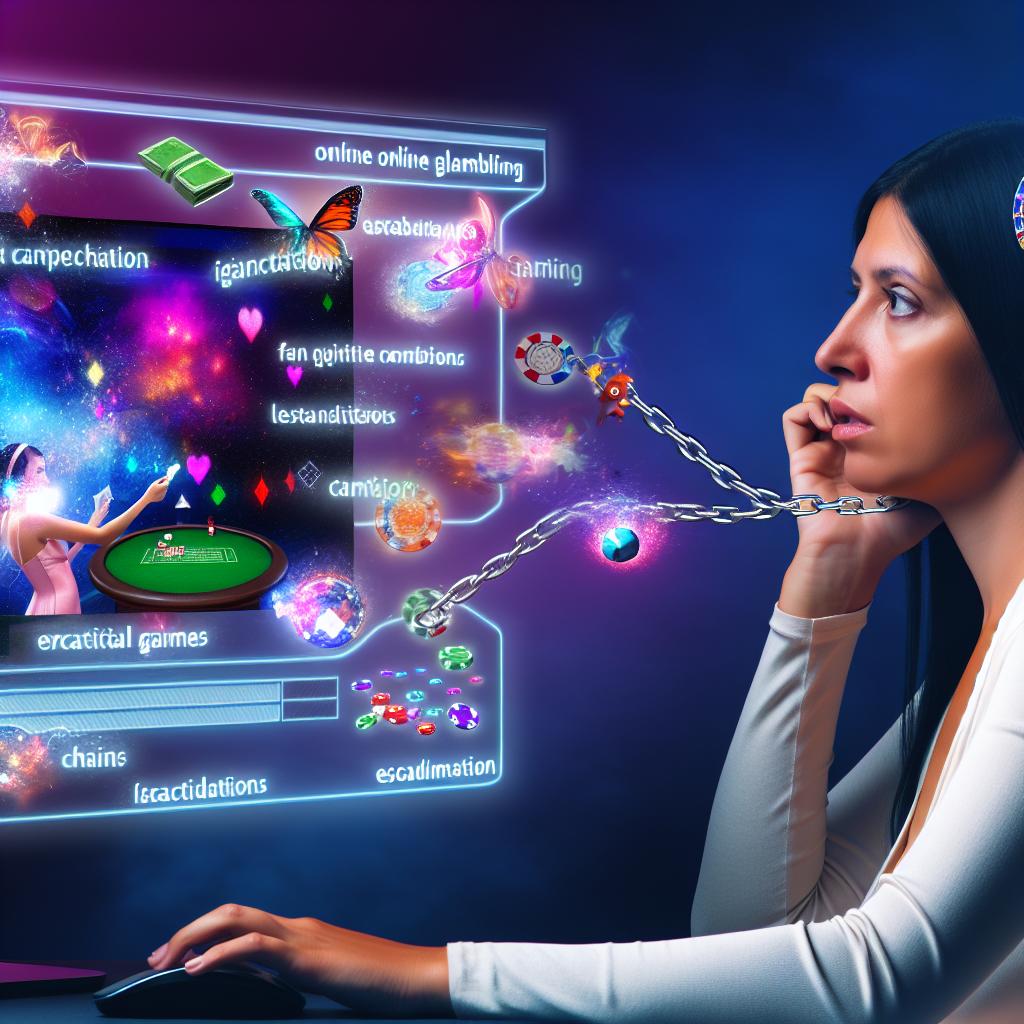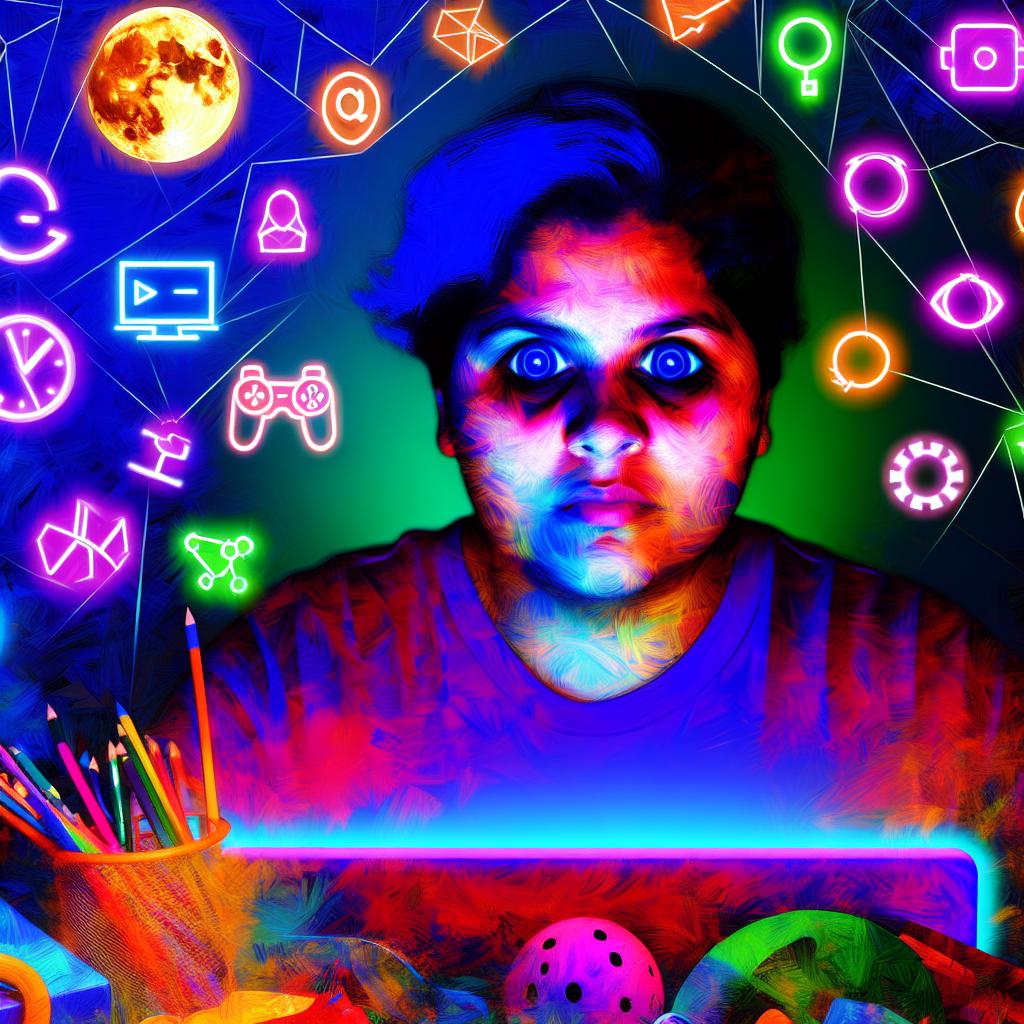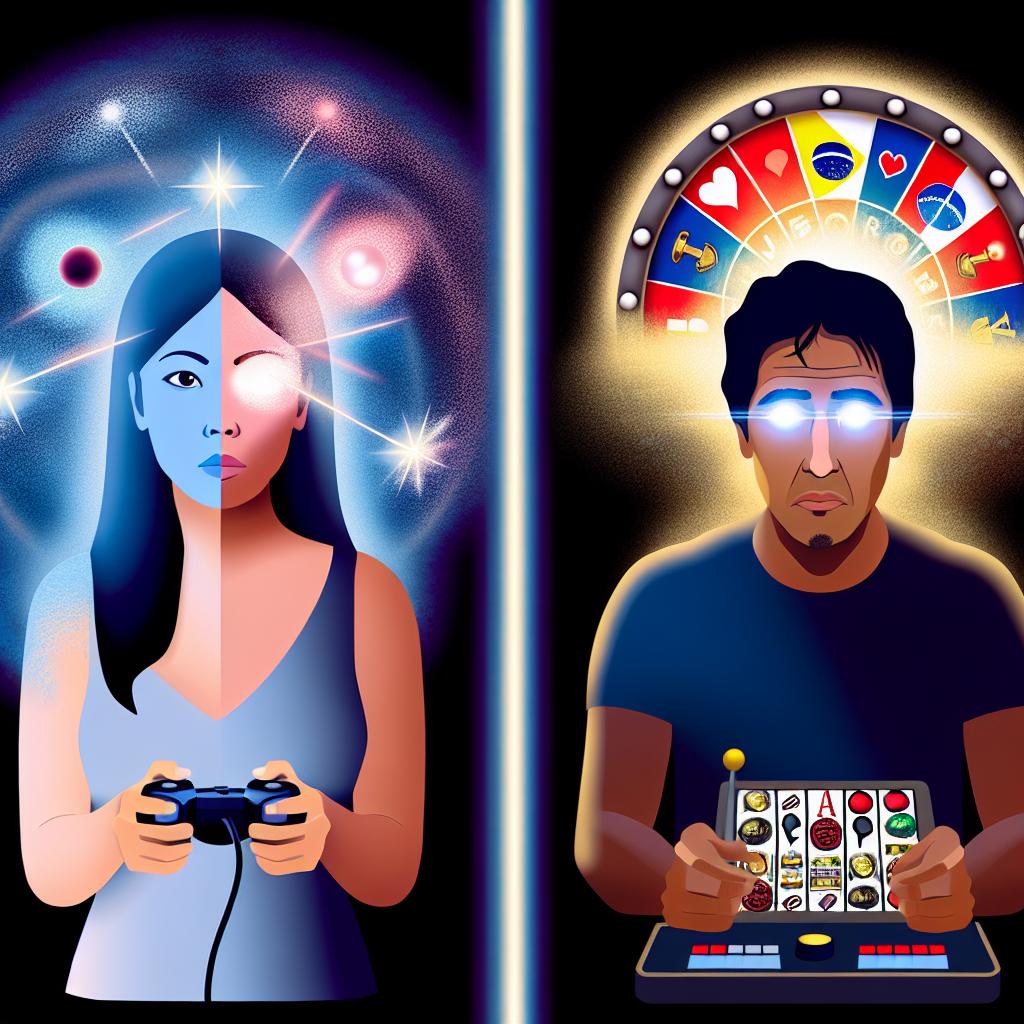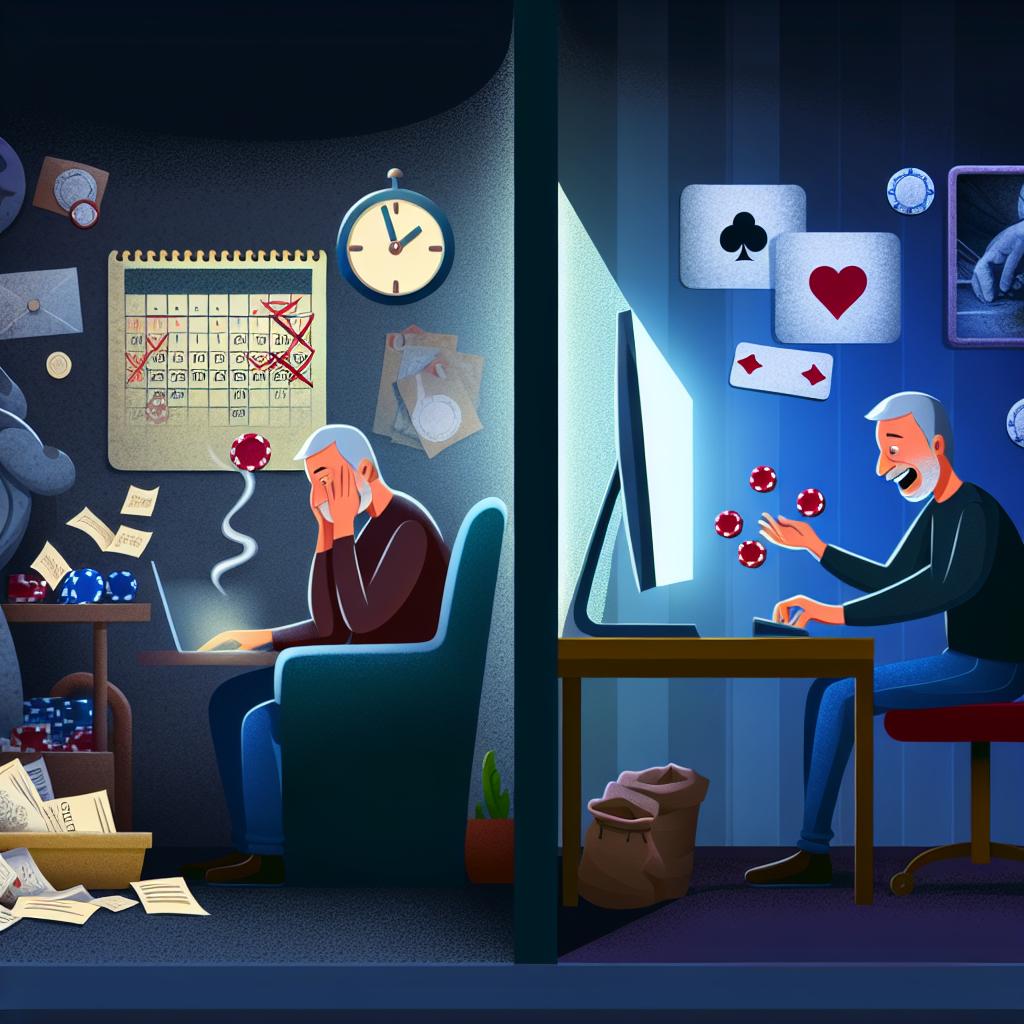Understanding Problem Gaming
The rise of video games as a mainstream form of entertainment has sparked discussions about their impact on mental health, given their frequent use in households worldwide. Video games can offer numerous advantages, such as enhancing cognitive abilities, providing entertainment, and promoting social connections. However, when gaming becomes excessive or problematic, it can lead to adverse mental health outcomes. Understanding the nature of problem gaming, its signs, impacts, and management strategies is essential for individuals and communities alike.
Defining Problem Gaming
Problem gaming, often referred to as gaming disorder or video game addiction, involves an impaired ability to control one’s gaming habits, an issue increasingly gaining recognition in mental health discussions. Problem gaming goes beyond simply enjoying video games; it becomes a significant issue when it results in notable distress or impairment in personal, family, social, educational, or occupational functioning.
The World Health Organization (WHO) acknowledges gaming disorder as a mental health condition, underscoring the global awareness of this issue. Recognizing gaming disorder as an official condition stresses the need for further understanding and intervention strategies to help affected individuals lead healthier lives.
Signs of Problem Gaming
Identifying problem gaming requires understanding the signs beyond merely spending long hours playing video games. It manifests as an obsession that can lead individuals to neglect critical aspects of their daily lives. Some common signs indicating problem gaming include:
Preoccupation With Gaming: Individuals may find themselves constantly thinking about gaming, even when engaged in other activities.
Withdrawal Symptoms: People may experience irritability, anxiety, or mood swings when unable to game.
Unsuccessful Attempts to Reduce Gaming Time: Efforts to cut back on gaming often prove unsuccessful, reflecting a lack of control.
Loss of Interest in Previously Enjoyed Activities: Activities or hobbies once found enjoyable may no longer hold appeal due to an overriding interest in gaming.
Understanding these signs is crucial for early identification and intervention to prevent the escalation of negative impacts.
Impact on Mental Health
The repercussions of problem gaming on mental health can be substantial. Individuals struggling with gaming disorder often experience heightened levels of anxiety and depression. This disorder may foster a cycle of dependency where the need to game inhibits fulfilling real-world responsibilities, thereby exacerbating feelings of stress and low self-esteem. Research indicates that gaming disorder might also lead to sleep disturbances, intensifying other mental health challenges.
Social Isolation and Relationships
Social isolation is a critical consequence of problem gaming. While online games can provide a sense of community, they may also distract individuals from engaging in meaningful face-to-face interactions. This reliance on virtual interactions can weaken real-life relationships, contributing to a lack of essential social support crucial for mental wellbeing. The effects of loneliness and isolation can worsen symptoms of depression and anxiety, making it imperative to balance gaming with real-world social interactions.
Cognitive and Emotional Effects
Problem gaming does not only affect social dynamics but can also impair cognitive functioning. It can lead to diminished attention spans and memory issues due to prolonged screen time and mental preoccupation. The continuous drive to achieve more in virtual worlds can result in frustration and irritability in real life, affecting one’s emotional regulation. This highlights the importance of developing strategies to maintain mental agility and emotional stability, even in the face of challenging gaming environments.
Managing Problem Gaming
Addressing problem gaming requires approaches that span individual and systemic efforts. On a personal level, therapy and counseling can assist individuals in managing their gaming behaviors and developing healthy coping mechanisms. Cognitive-behavioral therapy (CBT), in particular, has shown effectiveness in helping individuals address gaming disorder by altering thought patterns that contribute to excessive gaming behavior.
Systemic interventions also play a vital role. This includes implementing parental controls, encouraging game design modifications that promote healthy usage, and incorporating educational programs to raise awareness about gaming disorder and its potential impacts. Such efforts can be beneficial in reducing problem gaming, especially among younger audiences more susceptible to its effects.
The Role of Prevention
Prevention is a cornerstone in addressing problem gaming effectively. It involves promoting responsible gaming habits, which include setting time limits and maintaining a balance with offline activities. Fostering environments that support mental health by promoting other forms of leisure and interests is equally crucial. Parents and guardians should monitor the gaming activities of younger family members, ensuring a healthy balance between virtual and real-world interactions.
In summary, while gaming offers potential as an enjoyable and beneficial activity, recognizing and addressing problem gaming is crucial for safeguarding mental health. By understanding the signs and impacts associated with gaming disorder, individuals can adopt better management strategies, leading to healthier gaming habits and, ultimately, improved wellbeing. The nuanced approach of recognizing signs, understanding impacts, and prioritizing management can aid in navigating the complexities associated with problem gaming effectively.


